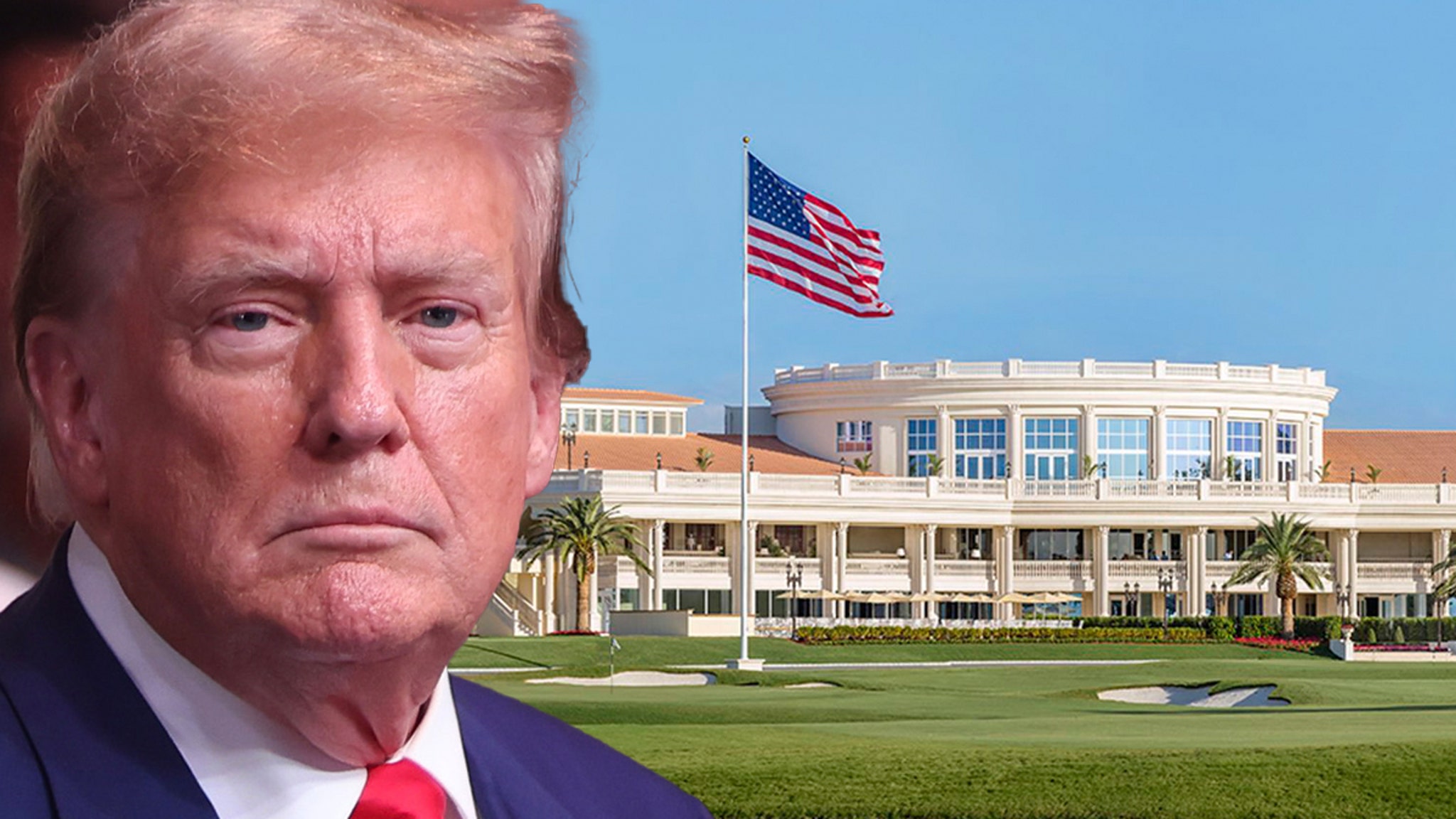Products You May Like
A recent lawsuit has been filed against Donald Trump’s hotel in Miami, the Trump National Doral, by a New Jersey man claiming injuries sustained during a pool incident. Salvatore Campilongo alleges that he jumped into the pool only to find it much shallower than expected, resulting in considerable harm. His legal action raises questions not only about the hotel’s safety protocols but also its responsibility in ensuring guest information is accurate.
According to the details revealed in the legal documents, Campilongo asserts that he was inadequately warned about the pool’s depth. After jumping feet-first, he was shocked to discover the shallow water. This led to injuries that he claims could have been avoided with clearer warnings or proper signage around the pool area. The lawsuit emphasizes the necessity for hotels and resorts to maintain safe environments for their guests, particularly around potentially hazardous areas like swimming pools.
The implications of this case extend beyond Campilongo’s personal injuries. It highlights a broader issue regarding liability in the hospitality industry, where guests place their trust in these establishments to provide a safe and enjoyable experience. The claim against Trump’s hotel could lead to discussions on the industry’s best practices for guest safety and the legal repercussions of failing to adhere to these standards.
Campilongo is seeking damages for both the physical injuries he suffered and the emotional distress associated with the incident. The lawsuit adds to a long list of legal challenges that the Trump Organization has faced over the years, but it also serves as a reminder of the ongoing responsibilities hotels have in safeguarding their guests.
Visitors to the Trump National Doral are typically attracted by its luxurious offerings and high-profile association; therefore, allegations such as these can significantly impact the hotel’s reputation. The case is likely to draw media attention and could influence potential future guests’ decisions. As the legal proceedings unfold, it will be interesting to see how the hotel responds, especially in light of the high expectations place on establishments of this nature.
As industries evolve, so do the legal frameworks surrounding them. This lawsuit could potentially set a precedent, prompting hotels across the country to reassess their safety measures and guest communication practices. Ensuring that guests have clear, accessible information regarding the facilities they use is paramount.
In conclusion, the lawsuit against Trump’s Miami hotel is not just about an individual claim; it reflects a significant dialogue on the importance of safety in the hospitality industry. As the case progresses, it may inspire changes that could benefit hotel guests nationwide, ensuring that incidents like Campilongo’s can be avoided in the future. What remains to be seen is how the legal system addresses and balances the needs of both the guests and the hospitality providers in this evolving landscape.
